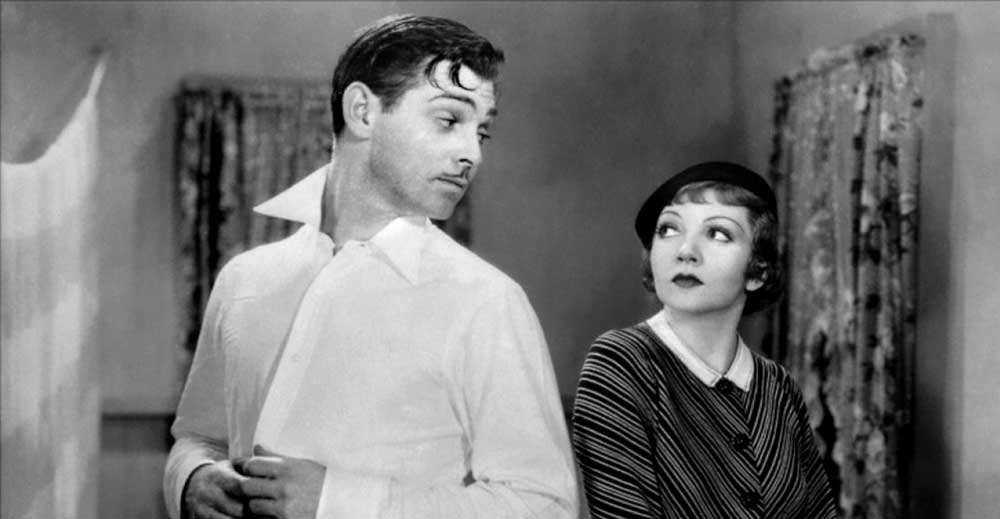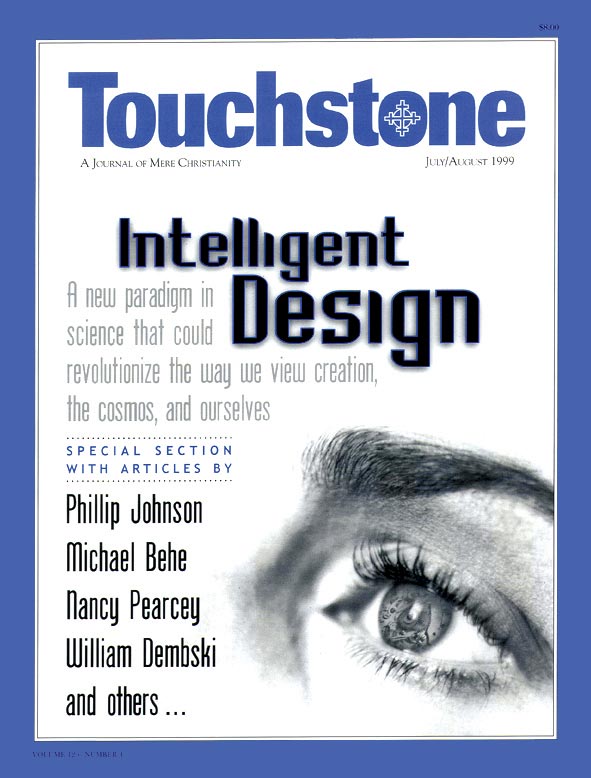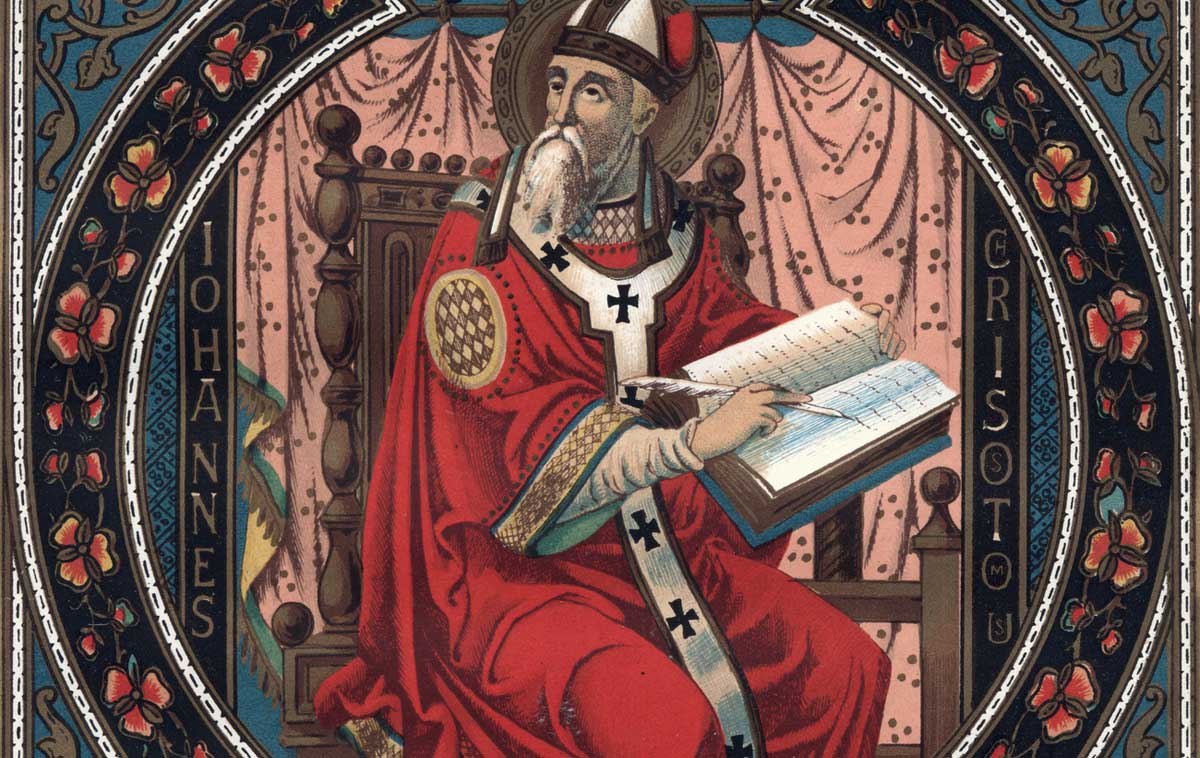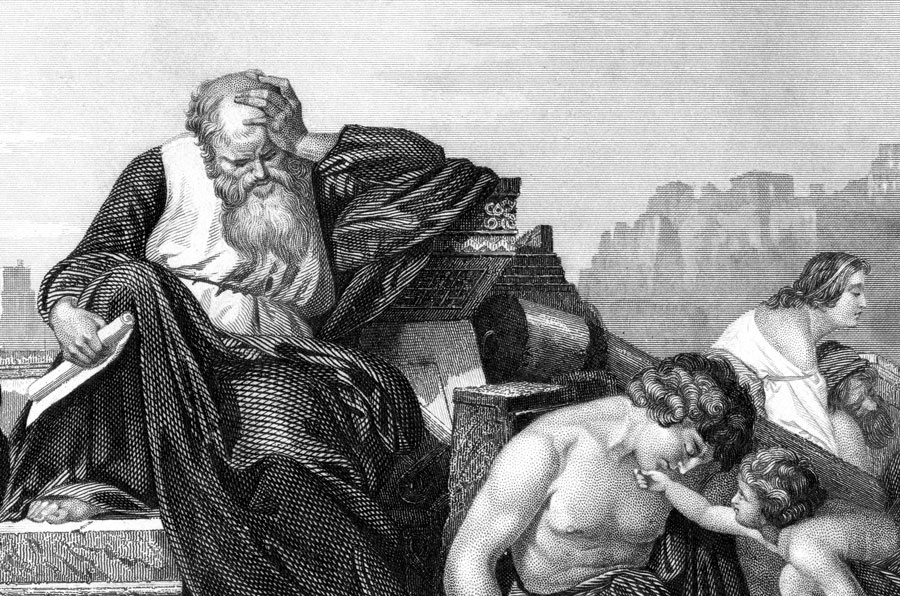Capitalizing Tradition
“I have applied all this to myself and Apollos for your benefit, brethren, that you may learn by us not to go beyond what is written, that none of you may be puffed up in favor of one against another.”
—1 Corinthians 4:6
In the past two decades we have seen a movement of Christians returning to the historic faith through various traditions. Although this renewed appreciation for the practices of the ancient Church is to be welcomed, often these “converts” (among which I include myself) are so eager to embrace Holy Tradition that they confuse it with “little-t” traditions. While this is not a problem solely for those who have the oil of chrismation freshly dripping from their foreheads (I have heard priests who grew up in the historic Church say “There are no little-t traditions!”), it seems to be most commonly found among people who came from traditions that boasted of having no traditions.
The problem itself is not new. One could trace it back to the followers of Paul pitting themselves against the followers of Apollos. Although both taught the truth of the gospel, the small variances of practice were enough to cause fights in the Church over who was the closest to the Truth.
In a case that is perhaps a bit closer to home, Augustine (of course, that is St. Augustine or Blessed Augustine or just plain Augustine, according to one’s tradition) once wrote about variations in local practice. It seems that his mother had come to stay with him in Milan and was troubled to find that the Christians there did not fast on Saturdays, as was her custom (and was indeed the custom in Rome at the time). Although Augustine says this had never particularly troubled him, apparently St. Monica was greatly distressed and wanted to know which was the proper practice. Augustine posed the question to the wisest Christian he knew: Ambrose. According to Augustine, “He answered that he could teach me nothing but what he himself did, because, if he knew anything better, he would do it. When I thought that he wished to impose his views on us, solely by his own authority, without giving any reason, he followed up and said to me: ‘When I go to Rome, I fast on Saturday, but here I do not. Do you also follow the custom of whatever church you attend, if you do not wish to give or receive scandal.’” Augustine said that his mother willingly accepted this advice and that he considered Ambrose’s words to be “a heavenly oracle.” In thinking this over, Augustine commented:
I have often experienced with grief and dismay that the weak are deeply disturbed by the aggressive obstinacy or superstitious fears of certain brethren, who stir up such controversial questions, that they think nothing is right except what they do themselves. And these are things of such sort that they are not prescribed by the authority of Holy Scripture nor by the tradition of the universal Church, and they serve no good purpose of amending one’s life, but they are insisted on simply because a man was accustomed to do so in his own country, or because he saw things done somewhere on a pilgrimage, and he esteemed them to be more correct because they were further from his own usage.
It is a common desire for sincere Christians to want to do what is right. The problem comes when we look down on others who do not agree with us on practices that “are not prescribed by the authority of Holy Scripture nor by the tradition of the universal Church, and they serve no good purpose of amending one’s life.”
There are traditions that have a capital T. These are the ones we never concede—the ones for which we lay down our lives. But there are others that should not command such adamancy, and our insistence upon those being followed amounts to nothing more than being “puffed up,” as St. Paul wrote. May the Holy Spirit give us, like St. Ambrose, the wisdom to know the difference between them.
Thomas S. Buchanan is the George W. Laird Professor of Mechanical Engineering and Biomedical Engineering at the University of Delaware. He has studied at UCSD, Northwestern University, and MIT, and has held visiting professorships at the University of Western Australia and the University of Aix-Marseille. He has served as department chairman, deputy dean, and institute director, president of the American Society of Biomechanics, and editor-in-chief of the Journal of Applied Biomechanics. He is on the Board of Trustees of Saint Katherine College, the editorial board of Touchstone, and the board of The Fellowship of St. James.
subscription options
Order
Print/Online Subscription

Get six issues (one year) of Touchstone PLUS full online access including pdf downloads for only $39.95. That's only $3.34 per month!
Order
Online Only
Subscription

Get a one-year full-access subscription to the Touchstone online archives for only $19.95. That's only $1.66 per month!
bulk subscriptions
Order Touchstone subscriptions in bulk and save $10 per sub! Each subscription includes 6 issues of Touchstone plus full online access to touchstonemag.com—including archives, videos, and pdf downloads of recent issues for only $29.95 each! Great for churches or study groups.
Transactions will be processed on a secure server.
more from the online archives

27.6—Nov/Dec 2014
Tales of Forbidden Stereotypes
Real-Life Men & Women & the Tragic Loss of Human Comedy by Anthony Esolen
calling all readers
Please Donate
"There are magazines worth reading but few worth saving . . . Touchstone is just such a magazine."
—Alice von Hildebrand
"Here we do not concede one square millimeter of territory to falsehood, folly, contemporary sentimentality, or fashion. We speak the truth, and let God be our judge. . . . Touchstone is the one committedly Christian conservative journal."
—Anthony Esolen, Touchstone senior editor









